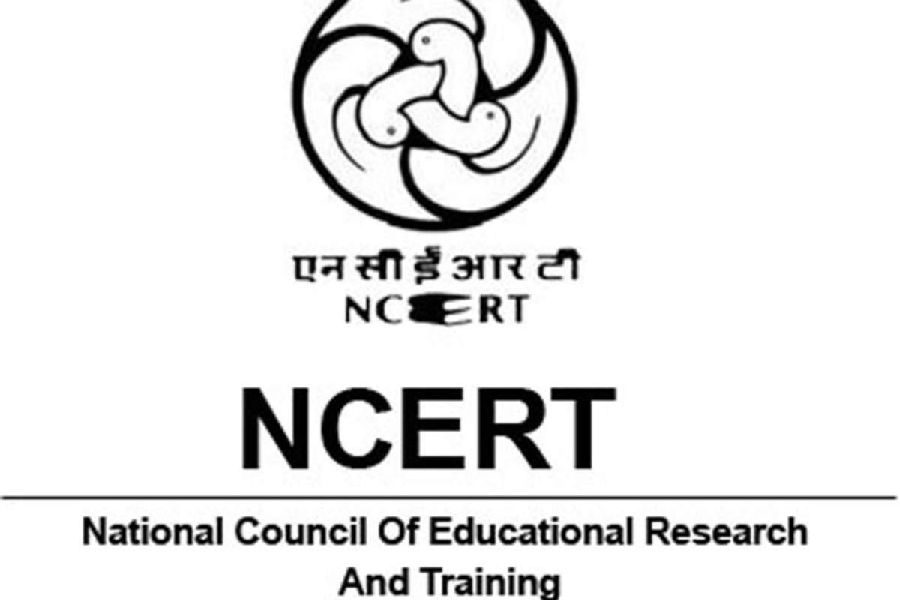NCERT Launches Six-Month Certificate Programme to Enhance Social Science Textbooks


In an effort to improve the quality of social science textbooks, the National Council of Educational Research and Training (NCERT) has launched a six-month certificate programme for social science teachers and educators. The programme, which will be conducted online from August 2024 to January 2025, aims to equip participants with the knowledge and skills necessary to develop effective and engaging social science textbooks.
Eligibility and Course Structure
To be eligible for the programme, participants must have at least five years of teaching experience in social science if they working in district institutes of education and training or SCERT, and teachers of middle and high schools, colleges, and universities need to have a minimum of two years of experience. The six-month programme will be divided into three phases;
During the online phase, participants will attend lectures, participate in discussions, and complete assignments. The in-person phase will provide an opportunity for participants to network with other teachers and educators, and to receive feedback on their work.
Course Content
The course will cover a wide range of topics, including:
How to Apply
Interested teachers and educators can apply for the programme online by visiting the NCERT website (ncert.nic.in) and filling up the designated google form from the official notification pdf. The application portal will be open until July 31, 2024.
The NCERT's initiative to launch a certificate programme for social science textbook development is expected to impact the quality of social science education in India positively. By equipping teachers with the necessary skills and knowledge, the programme is expected to lead to the development of more effective and engaging textbooks that will better prepare students for the challenges of the 21st century.